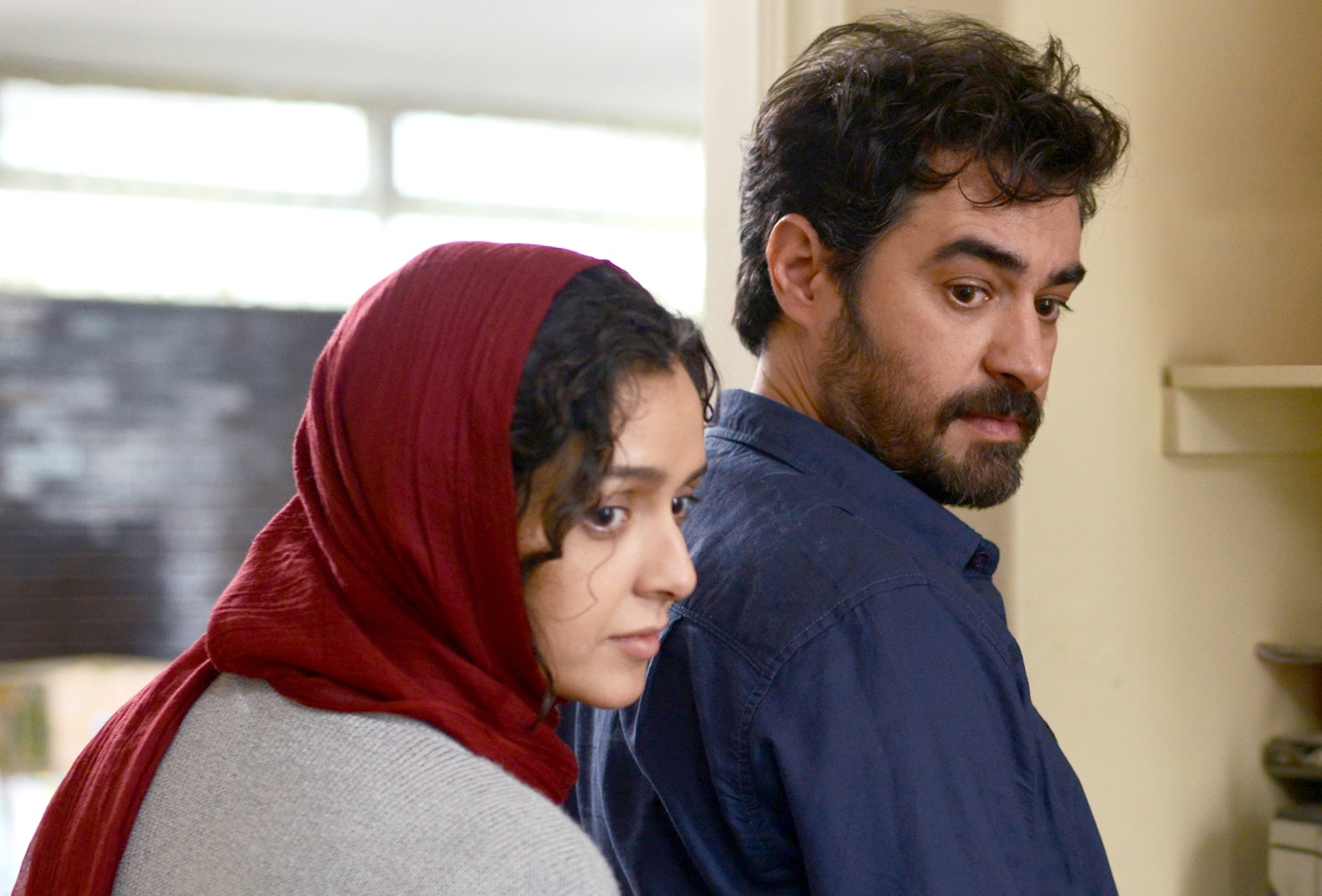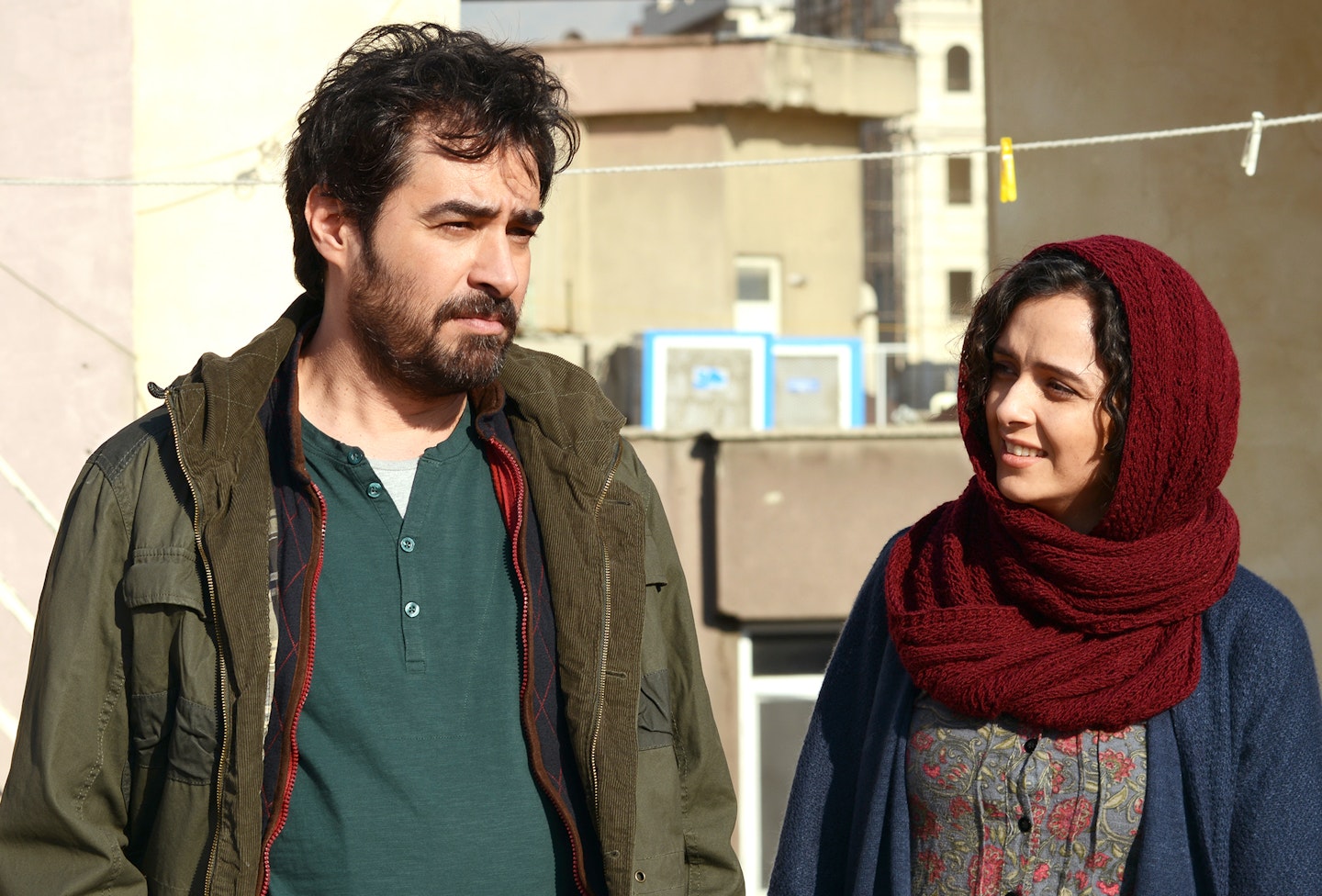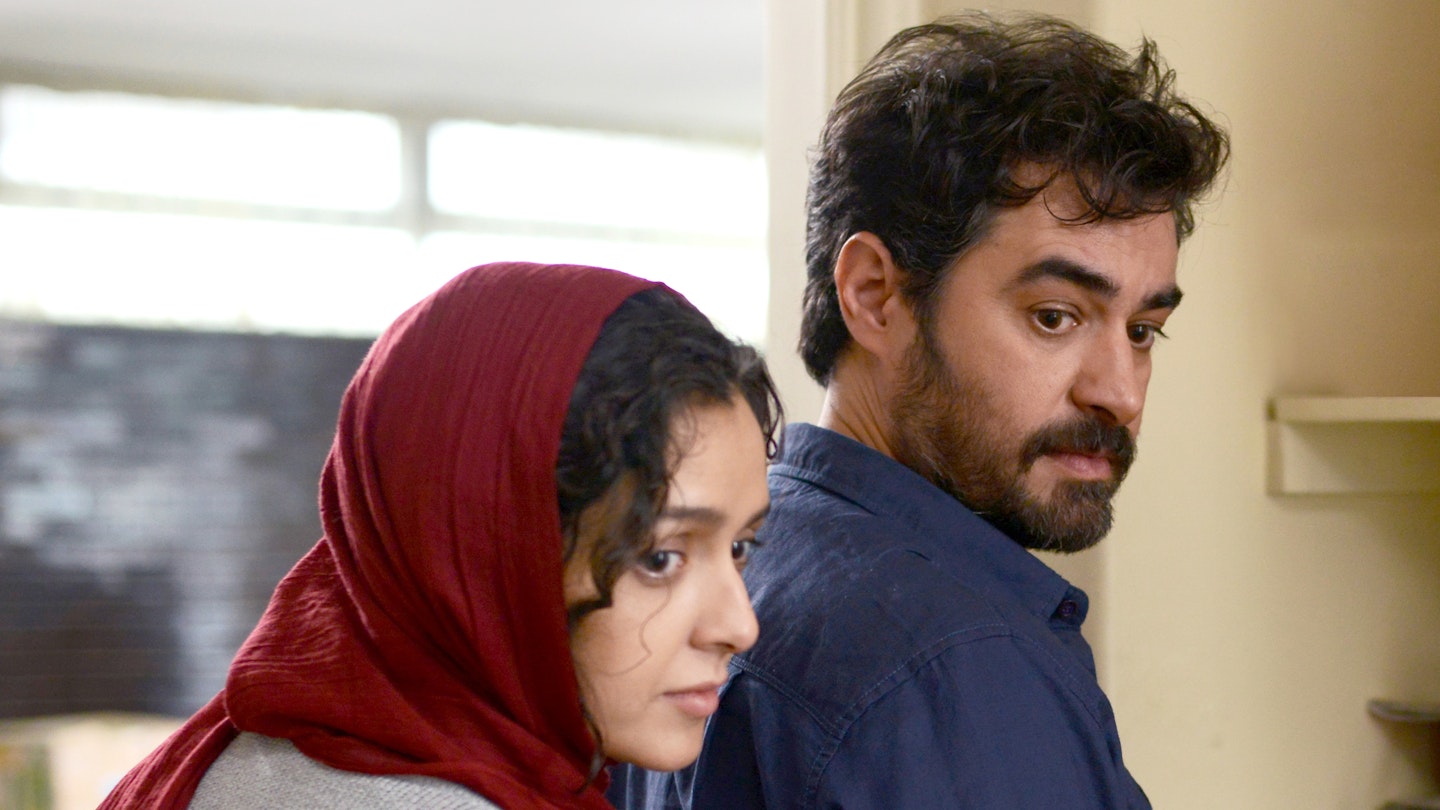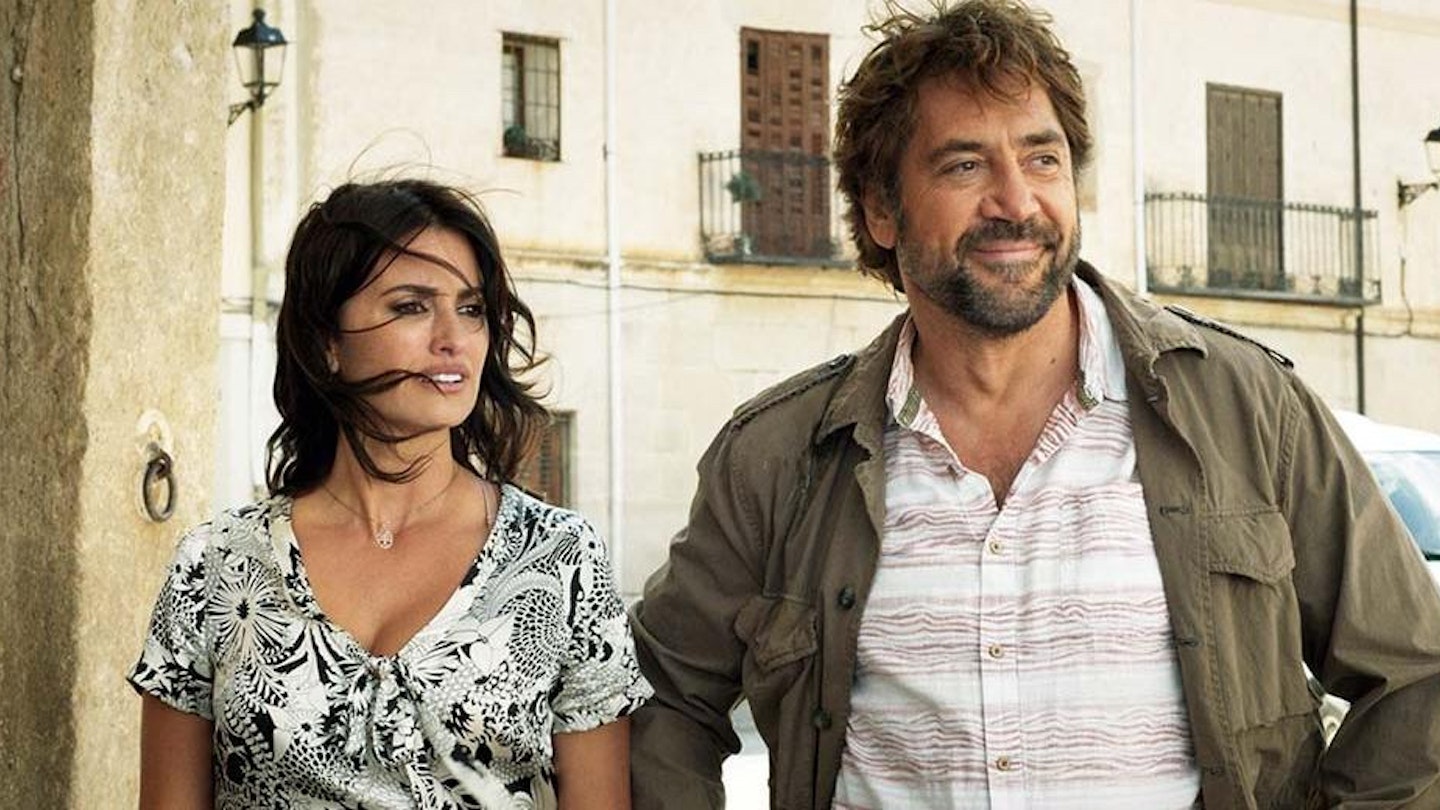The rape/revenge subgenre doesn’t exactly drip with prestige, tending to descend into flatulent celebrations of male rage in films such as Death Wish. But trust Asghar Farhadi, Iranian cinema’s leading light in the West since the success of A Separation, to bring some class to proceedings. There’s a seriousness of moral inquiry here that could only come from a culture where shame weighs so heavy. As the central marriage strains under the weight of the assault and Emad’s (Shahab Hosseini) clumsy reaction, the question of this shame and where it belongs grows to define proceedings — it’s not often you can call a film wise, but as our sympathies shift along with the complexities of the situation, this one certainly is.

Taking off from pre-revolutionary films such as Qeysar — also a rape/revenge narrative, but far more macho — the central couple are polite, middle-class people enjoying a comfortable life in Tehran. Censorship means the job of the woman whose former flat they move into is only hinted at, but it’s pretty clear what “promiscuous” is code for. The central assault is left vague for the same reasons, but while its exact nature is oblique, Alidoosti’s superb performance fills in the blanks — alternately stand-off-ish and clingy, she sells beautifully the disorientation of trauma, but also the decency of not wanting cheap justice.
The Salesman comes close to greatness.
Hosseini is equally terrific as her husband, charting a both plausible and subtle decline from being the most popular teacher at his school to being the kind of man who’s tempted by simple revenge — all while conveying his bewilderment and confusion as he muddles through an amateurish search for his wife’s attacker.
For all Farhadi’s arthouse cred and commitment to Iranian film’s tradition of arty types frowning in flats, he’s actually the kind of disciplined watchmaker Hitchcock would clutch to his considerable breast, especially in the sadistically drawn-out confrontation that climaxes Emad’s investigation, where the only weapon on screen is the threat of a phone call — it has more tension than most straight-up thrillers. Despite the low-key, observational feel, information is doled out precisely when we need it, and not a moment passes without setting up or paying off something else.

Farhadi’s also not above reaching for the sledgehammer — the opening, a virtuosic long take as a collapsing block of flats is evacuated, may well be symbolic. So too might the couple’s roles as Death Of A Salesman’s Willy Loman and his wife (apparently Iranian stagings of American plays are more common than you might think), a pretty crystal-clear reference to another narrative where a besieged male’s adherence to bullshit ideas of masculinity get him into trouble.
However, Arthur Miller’s play comes down decisively against these codes; Farhadi seems not so sure. For all the destruction caused by Rana’s assault, it’s the impact on her husband that is dwelt on in far more detail, and the final ethical quandary is presented as his, not hers.
It’s traditional in stories that think about it for more than two seconds that revenge ends up punishing the revenger just as much as their target; Emad is probed by the story, but nothing more. This is a film that flies very high indeed, and had it been a tad more interested in the horrors not only of being raped, but then having your husband make it all about himself, it could have flown higher still.

